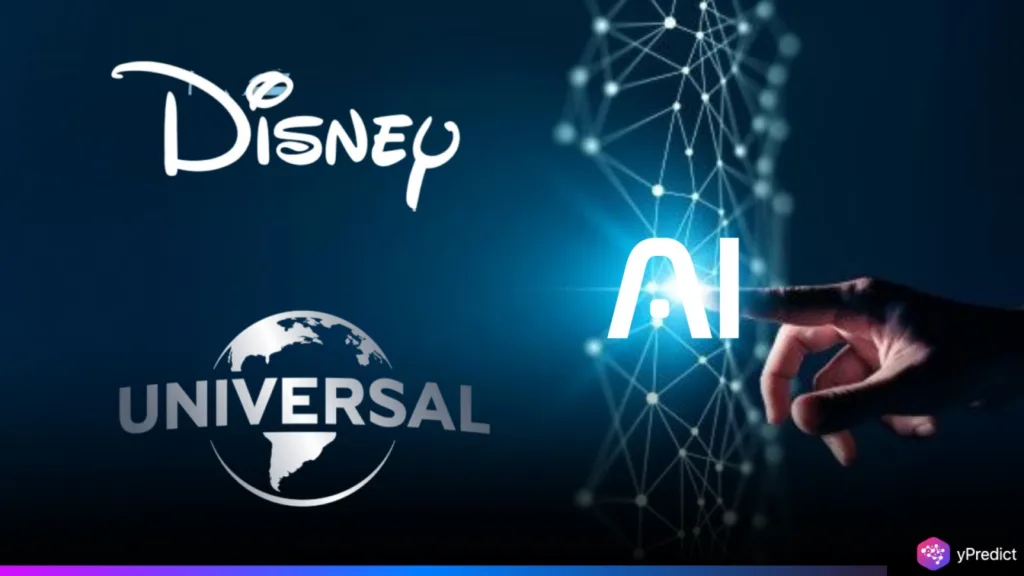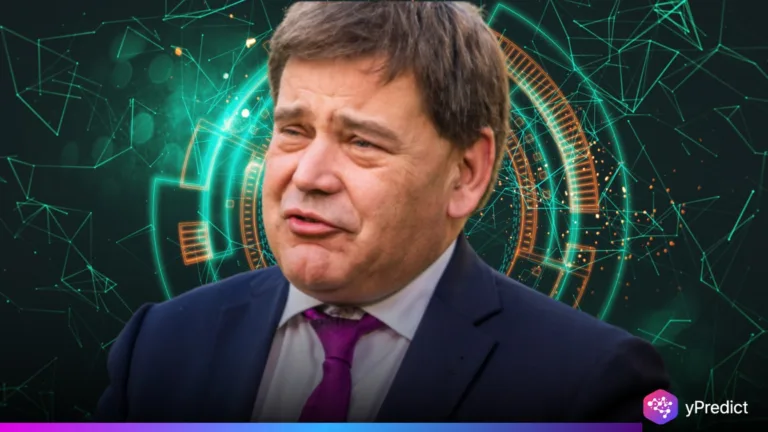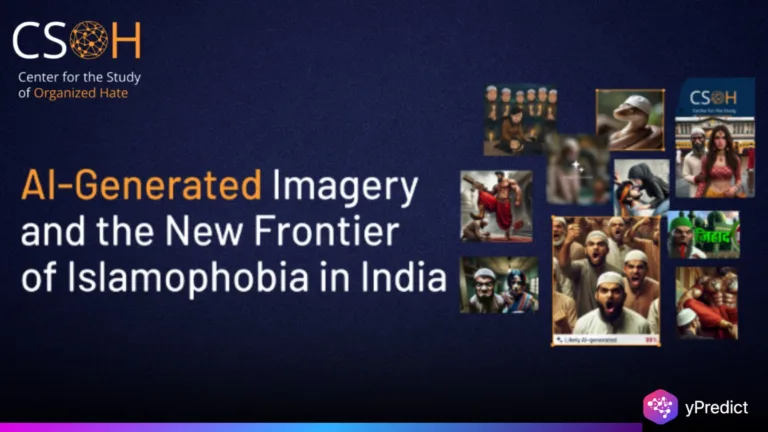
In a bold legal action that could reshape generative AI’s future, Disney and Universal jointly filed a copyright lawsuit against Midjourney. Filed in the U.S. District Court for California’s Central District, the suit accuses Midjourney of replicating and distributing AI-generated images unlawfully. As generative AI advances quickly, the case represents a key moment in the conflict between Silicon Valley innovation and Hollywood copyrights. This legal battle may define how intellectual property law adapts to emerging AI technologies in the entertainment and tech industries.
Studios Strike at AI Giant Over Infringement
According to The New York Times, Disney and Universal have filed a copyright infringement lawsuit against AI image generator Midjourney. The case, lodged in the U.S. District Court for the Central District of California, marks the first time major film studios have taken legal action over generative AI’s use of their intellectual property.
The 110-page lawsuit accuses San Francisco-based Midjourney of illegally reproducing and distributing characters like Darth Vader, Yoda, and Elsa. It also names Bart Simpson, the Hulk, and Buzz Lightyear as examples of works used without permission or proper compensation. The plaintiffs claim Midjourney trained its AI on copyrighted material and called the company a “copyright free-rider” and “bottomless pit of plagiarism.”
The studios cited examples including Yoda, Buzz Lightyear, Iron Man, Bart Simpson, and Toothless from How to Train Your Dragon. They requested a jury trial, monetary damages, and an order halting Midjourney’s operations, especially its upcoming video-generating business initiative.
Generative AI Under Fire: Industry Pushback Intensifies
The lawsuit raises broader legal and ethical concerns about how AI firms train models using copyrighted content scraped without permission. These models often rely on massive volumes of intellectual property gathered online without offering consent, credit, or compensation to creators. Midjourney, with tens of millions of users and $300 million in 2024 revenue, turns text prompts into hyper-realistic images. It monetizes the platform through subscription tiers, with monthly pricing that ranges from $10 to as high as $120.
Additionally, Disney and Universal alleged that Midjourney ignored cease-and-desist notices and kept improving its model to replicate copyrighted characters. They claim the model now generates high-resolution versions of protected content without authorization or licensing agreements from rights holders. The studios seek damages, a jury trial, and a court order halting Midjourney’s upcoming video service, lacking copyright safeguards.
Hollywood’s creative workforce has expressed growing frustration over studios’ earlier silence on AI’s unchecked use of copyrighted material. The Writers Guild of America and other unions warned that this delay effectively signaled silent approval of widespread infringement. Disney’s Chief Legal Officer, Horacio Gutierrez, emphasized the company’s renewed commitment to defending creators’ rights in the evolving AI landscape.
We are bullish on the promise of AI technology and optimistic about how it can be used responsibly as a tool to further human creativity. But piracy is piracy, and the fact that it’s done by an AI company does not make it any less infringing.
Midjourney’s Legal Position
Midjourney has not yet released an official response to the lawsuit or addressed the specific allegations made by the studios. AI companies often claim their training practices qualify as “fair use,” arguing that models learn patterns, not store direct copies. Legal scholars remain divided; some see AI as transformative, while others describe it as a “plagiarism engine” lacking proper safeguards.
In a previous interview, CEO David Holz admitted to creating the company’s training dataset through what he described as “a big scrape of the internet,” suggesting little regard for sourcing or permission.
Moreover, the lawsuit increases legal pressure on AI developers, reflecting broader concerns about unauthorized use of copyrighted content across industries. Publishers, news outlets, and music labels have filed similar cases challenging AI companies over the misuse of protected intellectual property. Examples include The New York Times vs. OpenAI and Microsoft, and a 2024 suit against Suno and Udio.
Conclusion
As the entertainment industry rapidly adopts AI, from de-aging actors to voice modulation, studios must balance innovation with protecting intellectual property. They walk a tightrope, trying to advance creatively while ensuring ownership of their copyrighted content remains secure. This litigation could reshape that balance and set key copyright precedents for the AI-driven entertainment era.







